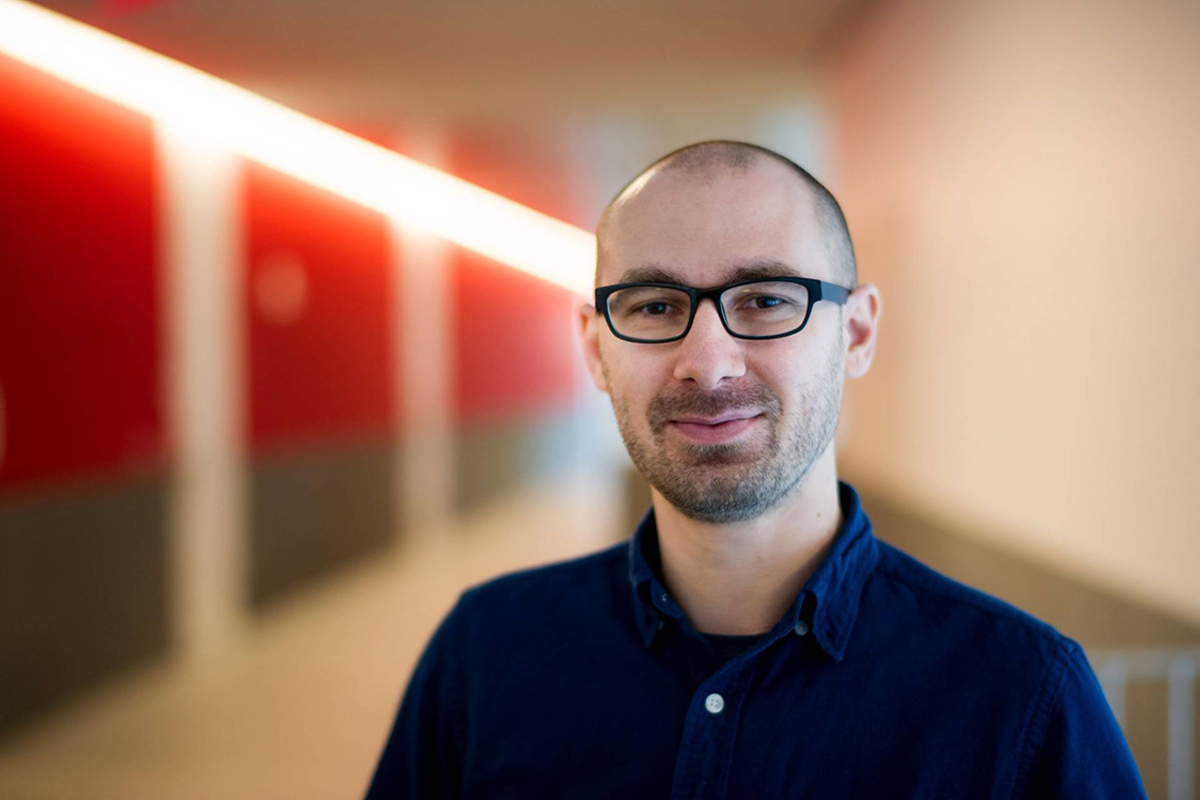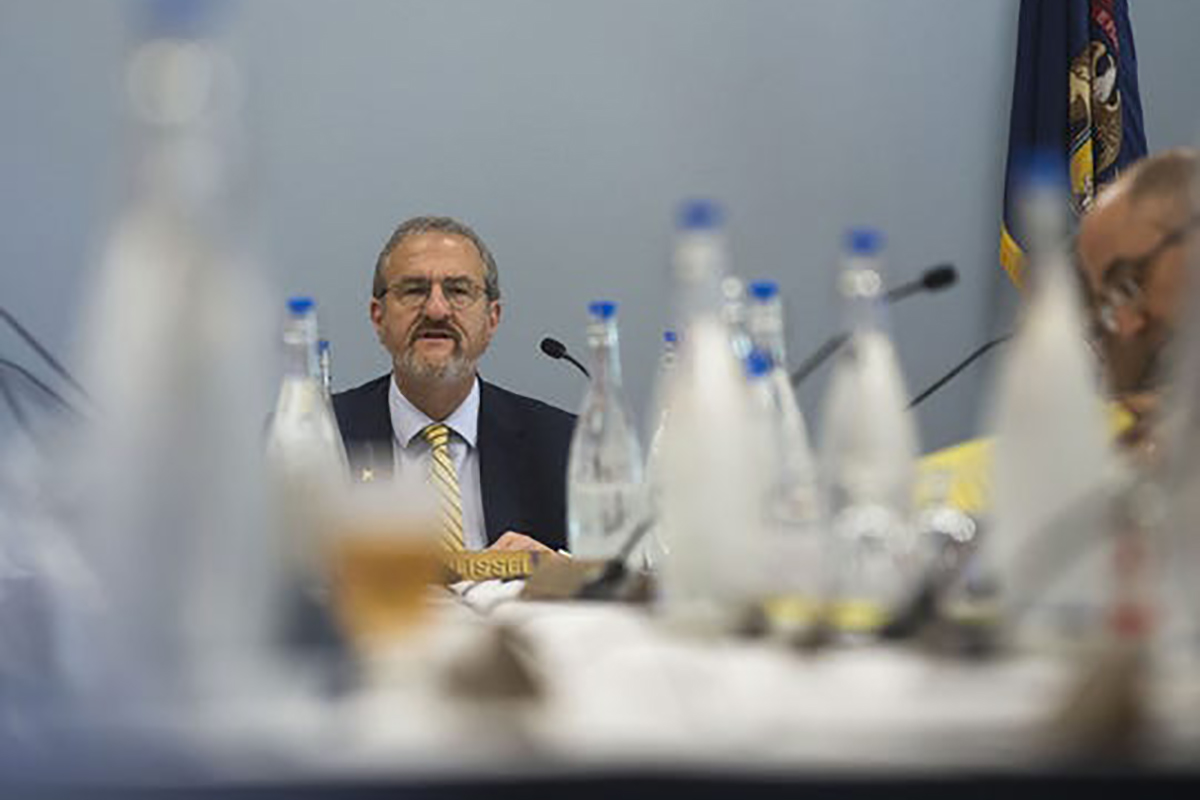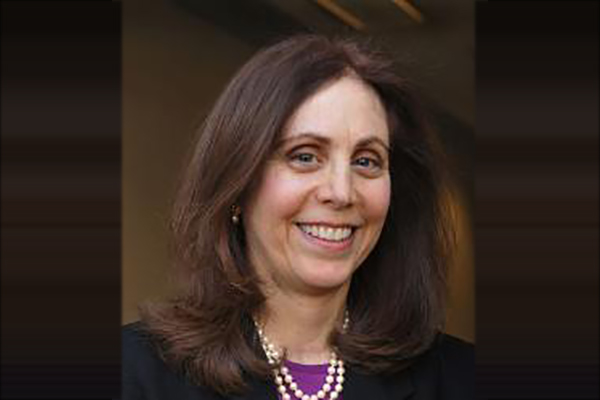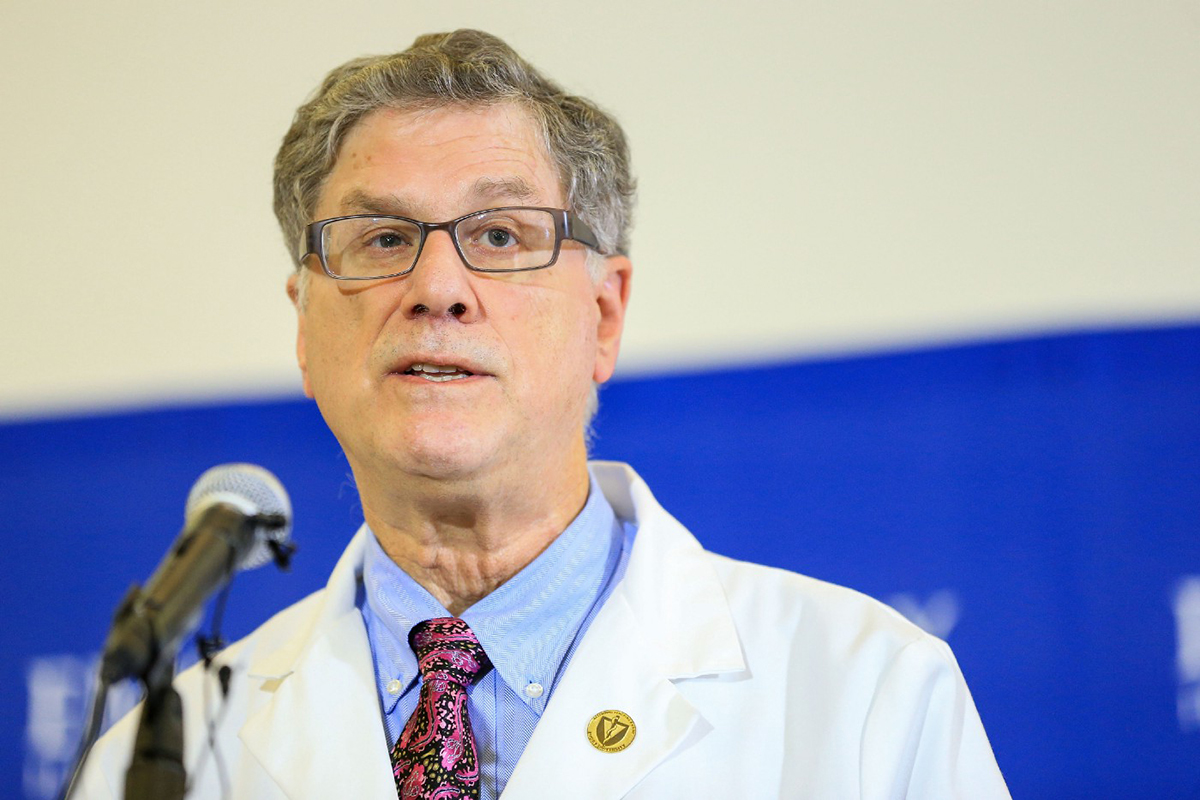
Princeton researchers have been awarded a National Science Foundation RAPID grant to study how anxiety about COVID-19 influences how we learn and share information about the pandemic. Read more …

University president uses medical degree to help inform university COVID-19 response
University of Michigan President Mark Schlissel ’79 ran an immunobiology lab for 20 years and is a board-certified internist. That background helped him see the potential scale of the pandemic, and to make decisions about students overseas and in-person instruction, sooner than he might have otherwise. He was also better equipped to communicate with experts through that process.
Read more about how he and other university presidents responded here.

Q&A: Laura Kahn *02 on COVID’s Spread and How We Defeat It
Laura Kahn *02, a physician and research scholar at the Woodrow Wilson School of Public and International Affairs, studies the politics of infectious disease, including how leaders can make better decisions during outbreaks and how global-health policy can better prevent and mitigate zoonotic diseases, which are transmitted from animals to humans. In this article, she answers questions about how governments should respond to such pandemics and how the world can stop them from happening again.

Coronavirus Advice From America’s Foremost Ebola Doctor
As medical director of the Serious Communicable Diseases Unit at Emory University Hospital, Dr. Bruce Ribner ’66 led the treatment of Americans with Ebola in 2014, in large part because Emory had built, at his urging, a state-of-the-art isolation unit for treatment of such diseases ten years earlier — a move many questioned before the Ebola outbreak.
In this interview, he discusses what we should expect in the coming months, applicable lessons learned from Ebola, and how preventive measures such as social distancing protect healthcare workers as well as the public.
Read the full interview here.

